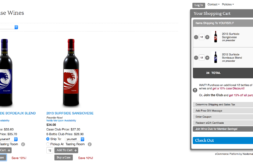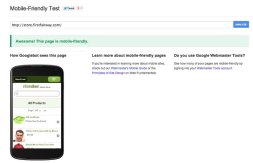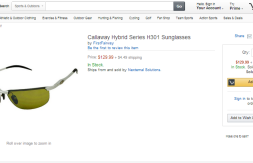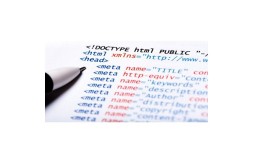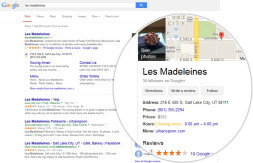Protecting Your Website: This One Step Could Save You Big Money

The following is based on a true story. A successful online merchant receives a call from a long time customer. The customer tells the representative that he wants to buy something from the merchant, but that there is something seriously wrong with the website. The representative goes to the URL of their homepage, and low and behold, their beautiful, established company website is completely gone, and in its place, sits someone else’s design. Furthermore, this person obtained the domain completely legally, and in order to get it back, the merchant was forced to pay the new owner a huge sum. In addition, during the several days of the negotiation and ownership transfer, all inbound company emails were lost, outbound emails did not work, and the company was unable to take online orders.
Unfortunately, the above situation is not rare. Every online domain is not owned indefinitely, but rather registered for a period of time. Each month, the registrations of tens of thousands of domains expire and become available to the public. Professional “Domainers” who are engaged in the practice of buying and selling domains for profit, often seek out expiring domains in order to capitalize on situations such as this. They understand the value of a domain that is ranking well on search engines, and capturing traffic. Most importantly, they understand the VERY high value of an established domain to the business it supports. 
How do you protect your domain? We strongly suggest that you give your domain registrar your credit card information, and set your domain up for auto-renewed registration. This way, when your domain approaches expiration, your valuable online property will remain yours.
Depending on the number of domains you own, it may also be worth a few moments of your time to anticipate the domain expiration and manually renew before your credit card is charged. Many hosting providers set up their auto-renewals to take place 60 or even 90 days before the domain actually expires. Do a quick web search for domain renewal coupons with your hosting provider. For example, the current listed price of a .com domain renewal on GoDaddy.com is $14.99/year. A ten second search reveals several sites offering promotional codes for a discount, such as this one sharing renewal price of $8.67/year http://domainpromocodes.com/coupons/godaddy/. In this case, if renewing six domains for five years, this five minute activity could save $189.60.
Follow this simple tip and protect your business!



